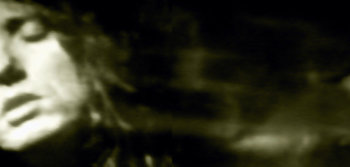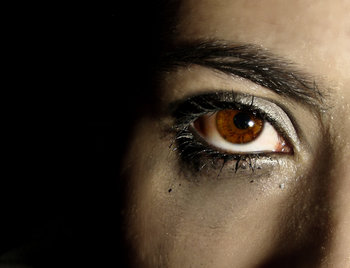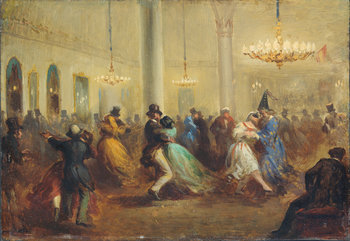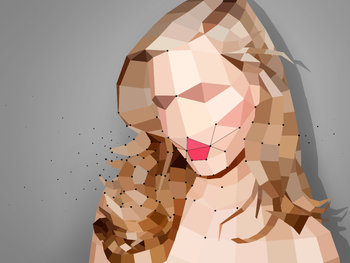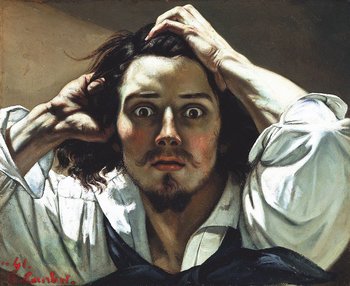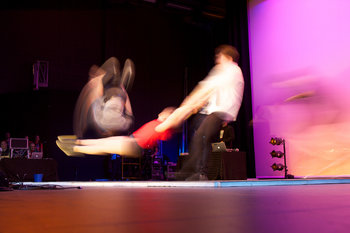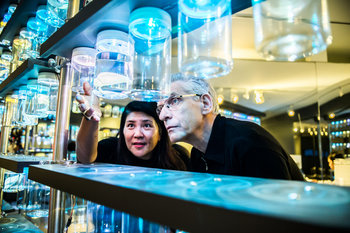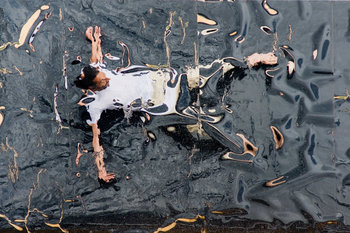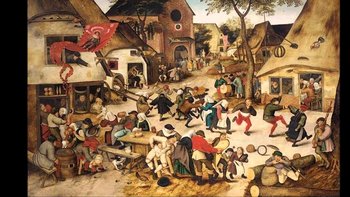Heuristic
The halo effect is essentially a heuristic or mental shortcut that assumes that if someone is good at one thing, they are good at something else. For example, a teacher who assumes that a student who is unusually well behaved is also unusually intelligent.Naive Realism
Naive realism is the tendency to believe that reality can be directly understood with the senses such as vision. For example, the assumption that a good looking person also has a good moral character.Reverse Halo Effect
The reverse halo effect is the invalid assumption that a positive characteristic implies some negative characteristic. For example, the assumption that a good looking person is shallow, unintelligent and has a strong sense of entitlement.Horn Effect
The invalid assumption that one negative trait implies another negative trait. For example, a teacher who incorrectly believes that a student who causes disruption in class is generally unintelligent.Patriotic Bias
A tendency for love for one's country to cloud judgement. For example, German consumers who automatically feel that all German products are superior. This reduces incentives to improve or maintain quality.Legacy Bias
The belief that past accomplishments automatically mean that current performance will be high. For example, an international organization that can't recognize its current failures due to its past successes.Corporate Narcissism
A tendency for organizations with high social status to suffer from narcissism whereby they underestimate competition, customers and risk and overestimate themselves.Affect Heuristic
Using emotion as a tool of judgement. For example, viewing the performance of someone you personally like in a positive light.First Impression
A tendency to make a large number of assumptions based on your first impression of someone or something. For example, assuming that someone who is pleasant when you meet them must be talented in many ways.Brand Recognition
Brand recognition is the ability of a consumer to visually recognize a brand. There is a well established tendency for consumers to buy brands they recognize, even if they have no information whatsoever other than visual recognition.Brand Image
Brand image is a consumer's ideas and emotions about a brand. This is commonly transferred from one product category to another. For example, the invalid assumption that a brand that produces a high quality camera must also produce a high quality solar panel.Illusory Superiority
An individual who incorrectly believes they are superior to others in areas where they aren't particularly impressive. This can be based on a halo bias and cherry picking. For example, a professor of chemistry who believes they are a good driver based on their academic successes when in fact they are poor driver.Systems
The halo effect is commonly systematized into policy, processes, procedures and algorithms. For example, a firm that only hires employees with a high credit rating based on the assumption that this necessarily maps to higher work performance.Notes
The halo effect is an analogy to someone being viewed as an angel who can do no wrong.| Overview: Halo Effect | ||
Type | ||
Definition | The invalid assumption that one positive characteristic implies another positive characteristic. | |
Related Concepts | ||





